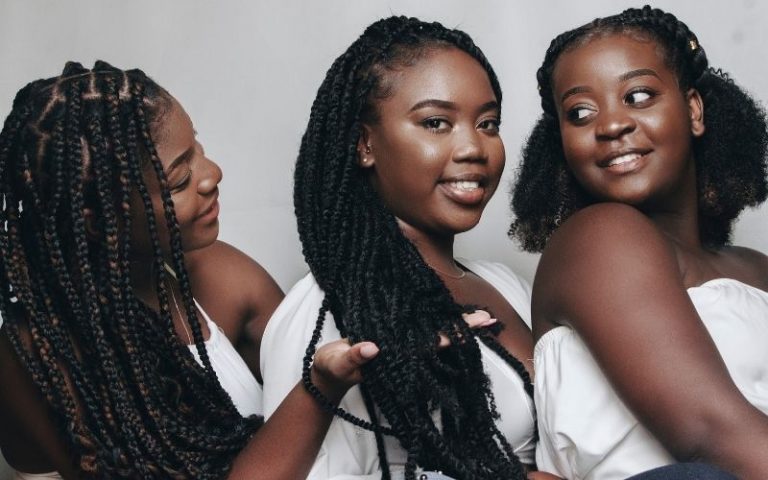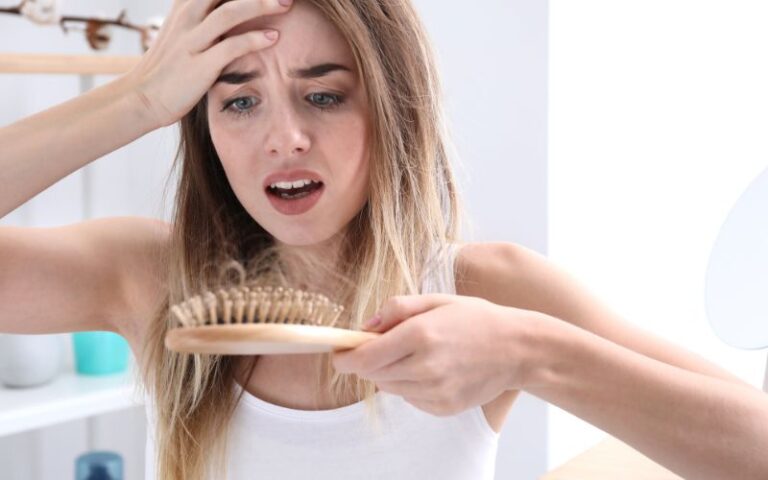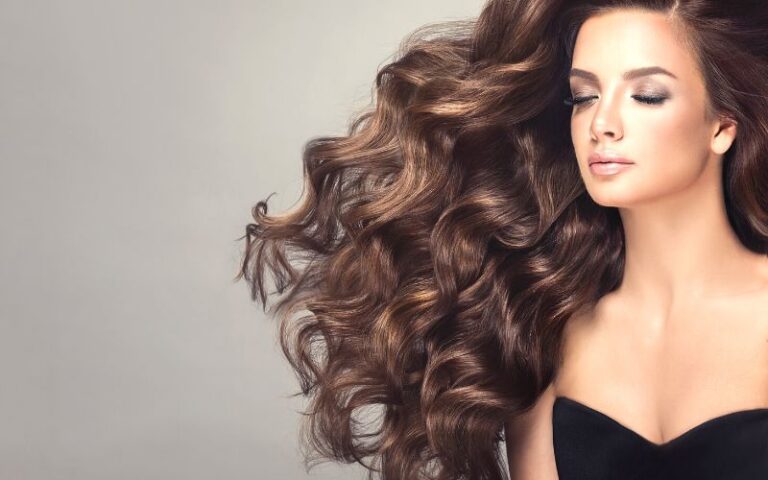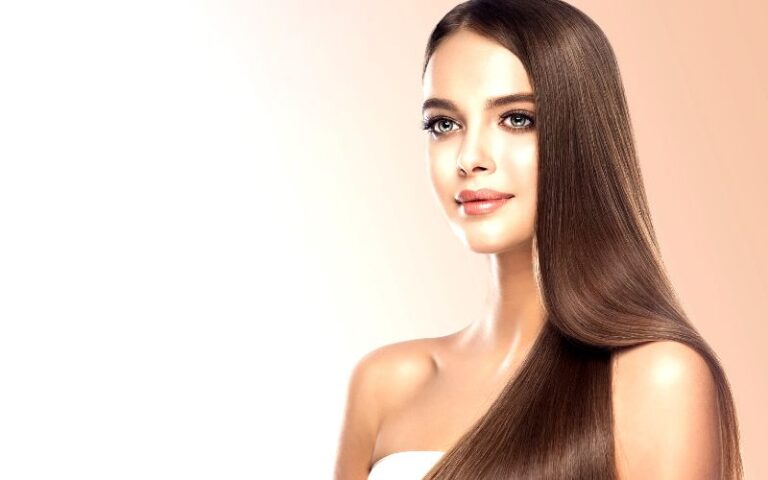3 Damaging Habits That Lead To Hair Thinning
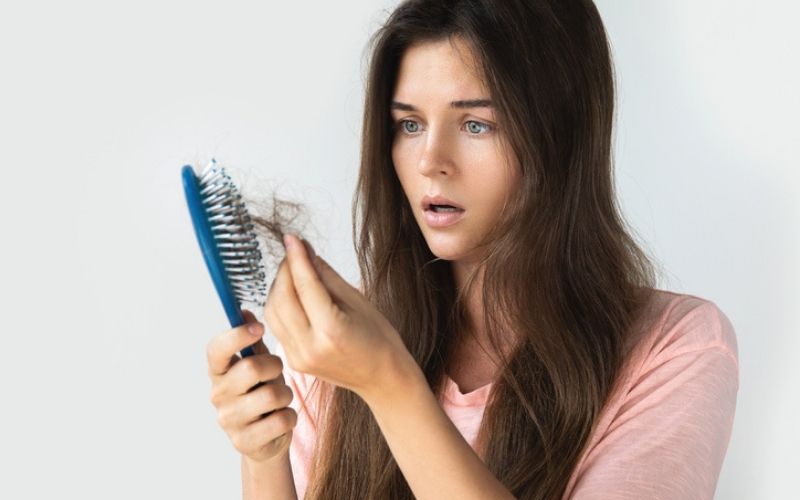
You wake up one morning, look in the mirror, and realize what’s happening.
Denying reality is not what you want to do here because the earlier you admit the problem the sooner
you can get on the road to solving it.
So what should you do?
The first thing you’ll want to do it to cut out the habits that are causing this to happen in the first place.
Let’s take a look at some devastating habits that cause hair loss and some natural solutions that’ll get your hair looking on point once again!
Hair-thinning habits
Here are the top habits that cause your hair to thin out.
Look into your diet
Yes. One place to look for help is diet.
Try to minimize intake of saturated fats because they cause inflammation which causes cell stress and even cell death.
When it comes to hair this means that the hair follicles shrivel up and become incapable of growing anything.
Okay so we know that saturated fats can cause inflammation that can lead to cell/follicle death.
But there are some fatty foods that are helpful!
Avocados contain omega-3 fatty acids that penetrate the layers of the scalp to replenish moisture. Also the vitamin E content of avocados repair the skin’s barrier to lock in that moisture.
Avocados are great to ingest but also can be used as a hair mask to deliver these nutrients straight to your scalp to experience the benefits directly as well.
Avoid sun damage
Watch out for the day at the pool!
Don’t let your scalp get parched.
Even if you have a full head of hair, just like it is with your skin, sun damage is real for your scalp. Wear a hat!
Also, chlorine is a harsh chemical, whether or not people are peeing in the pool almost all pools are over chlorinated, and
chlorine, even in small doses, is a severe chemical that is not friendly to follicles.
Oil buildup
Another serious problem for your scalp, and of course hair growth, is something that is no stranger
especially for people with other skin problems like acne…oil.
You know it’s just not your fault, especially in the summer when humidity triggers sebaceous glands on the scalp to release oils that can build up and clog follicles, halting new hair growth.
It gets worse, hot temperatures can cause hair follicles to prematurely enter the telogen (or resting) phase, contributing to slowed growth and increased shedding for a thinner-looking head of hair.
Not exactly the cocktail for an optimized dating life!
Apple cider vinegar has alpha-hydroxy acids that dissolve oil buildup on the scalp and in pores while it’s acetic acid stimulates blood flow to follicles to encourage growth.
Also the vinegar’s astringent properties help tighten pores to reduce the amount of oil that is secreted.
In a small spray bottle combine equal parts of apple cider vinegar and water and shake.
Spritz that! Then massage for a minute and let it sit for 15 then rinse.
Repeat twice a week for results in 4 weeks.
Vitamins to the rescue
Zinc
Let’s talk about Zinc.
In the big picture Zinc is a mineral that helps your skin heal after an injury.
What it does is help to keep cell walls stabilize and allow cells to divide and specialize as they grow.
No this is not cancer, this is cell division in a good way as in more and more healthy cells like healthy follicle cells.
Another powerful characteristic of Zinc is that it helps protect your skin from UV sun damage because of the way it behaves in relation to other metals in your body like iron and copper.
It also acts as an antioxidant.
Vitamin A
Vitamin A is prevalent in both the upper and lower layers of skin which of course includes your scalp.
Surprisingly, Vitamin A seems to prevent sun damage by interrupting the process that breaks down
collagen.
Of course, we look at collagen as an injectable to help plump skin…well your body does
produce collagen to do exactly that but as you get older, like when you get old enough to lose your hair,
the collagen production slows down.
Help your body out by eating foods with Vitamin A like carrots, spinach, and sweet potatoes.
Vitamin A is not a substitute for sunscreen but it is an antioxidant that helps protect your skin from sunburn.
It just helps the oil glands around your hair follicles work!
Vitamin C
Vitamin C is the one you hear about for everything!
You can look at it as “C” for collagen.
It’s nerdy but this vitamin helps the twisted web of protein hold its shape. Also, it’s a powerful antioxidant, protecting
your from free radicals and possibly lowering your chance of skin cancer.
Low levels of Vitamin C can negatively affect your scalp’s ability to recover from the trauma of everyday life including exposure to sun.
The verdict
Don’t treat this lightly, you don’t have to go to the medicine cabinet to solve all your problems.
Treat yourself right.
Less saturated fat intake, more intake of foods that contain vitamins that nourish the health of your scalp.
Sometimes you may have to take supplements to help with that.
But generally speaking if you treat yourself right, you give your scalp the chance to slow or stop hair loss and even
encourage hair growth!
Sources
- Bedja, Djahida, et al. “Inhibition of GLYCOSPHINGOLIPID SYNTHESIS Reverses Skin Inflammation and Hair Loss In ApoE-/- Mice Fed Western Diet.” Scientific Reports, Nature Publishing Group UK, 30 July 2018, www.ncbi.nlm.nih.gov/pmc/articles/PMC6065400/.
- Sebetić K;Sjerobabski Masnec I;Cavka V;Biljan D;Krolo I; “Uv Damage of the Hair.” Collegium Antropologicum, U.S. National Library of Medicine, pubmed.ncbi.nlm.nih.gov/19138021/.
- Trüeb, Ralph M, et al. “Scalp Condition Impacts Hair Growth and Retention via Oxidative Stress.” International Journal of Trichology, Medknow Publications & Media Pvt Ltd, 2018, www.ncbi.nlm.nih.gov/pmc/articles/PMC6369642/.
